Don't Mix/Don't Collect- Sustainable sanitation for the Sahel -
Don't Mix/Don't Collect
- Sustainable sanitation for the Sahel -
Research Fields and Areas
Environment/Energy (Global-scale environmental issues)
 Water is an essential part of our lives, needed for drinking, hygiene, and for keeping healthy. As such, addressing water and sanitation issues is a vital part of improving people's health, particularly in developing countries. In Burkina Faso, located in the Sahel region on the southern edge of the Sahara desert, over 40% of the population are without safe water supplies or improved sanitation. In rural areas, less than 1% have access to adequate toilets, and as a result, diarrhoea and infectious diseases are prevalent, taking many lives. Despite this situation, in Burkina Faso and many other African countries there is still insufficient awareness of the importance of improved sanitation.
Water is an essential part of our lives, needed for drinking, hygiene, and for keeping healthy. As such, addressing water and sanitation issues is a vital part of improving people's health, particularly in developing countries. In Burkina Faso, located in the Sahel region on the southern edge of the Sahara desert, over 40% of the population are without safe water supplies or improved sanitation. In rural areas, less than 1% have access to adequate toilets, and as a result, diarrhoea and infectious diseases are prevalent, taking many lives. Despite this situation, in Burkina Faso and many other African countries there is still insufficient awareness of the importance of improved sanitation.

Principal investigator (Japan):Professor FUNAMIZU Naoyuki
Graduate School of Engineering, Hokkaido University
Graduated from Hokkaido University. Appointed Professor, Department of Environmental Engineering, Hokkaido University. Research interests include differentiable wastewater treatment and composting toilets. Currently working on the development of sustainable sanitary systems and research into their deployment within the water cycle.
 Japan perspective
Japan perspective
Applying Japanese technology to global issues
By conducting research based on the technology of Japanese-developed composting toilets that separate liquid and solid waste, and on prior research into gray water treatment, this project aims to find solutions for global water and sanitation issues.
Joint research into water systems benefits Japan, too
Ongoing changes to Japan's economy and Japanese society include ageing, rural flight, and financial difficulties affecting both central and local governments. As a result, it is becoming increasingly difficult to build and maintain water supply and waste water infrastructure. This project has the potential to contribute to closing the materials loop and constructing water systems that do not rely on pipeline networks.

Principal investigator (Burkina Faso):Professor Amadou Hama MAIGA
International Institute of Water and Environmental Engineering (2iE)
Born in Mali; PhD from Swiss Federal Institute of Technology, Lausanne-Switzerland. Deputy Director General, Director of Research, 2iE. He has expertise in areas including water supply, sanitation, water resources management and environment.
 Burkina Faso perspective
Burkina Faso perspective
Collaborating leads to sustainable solutions
Burkina Faso faces environmental challenges such as declining rainfall and prolonged droughts. Close to half the population is without access to safe water supplies, and in rural areas, only about 1% of Burkinabé have the use of adequate sanitary facilities. The result is poor health for large numbers of people. This collaborative project is a realistic attempt to find a sustainable solution to that situation.
Project summary
The aim of this project is to contribute to achievement of the United Nations' Millennium Development Goals by constructing water and sanitation systems that suit the ordinary lives of local populations in the Sahel region. Through developing toilet systems that handle solid and liquid wastes separately to produce soil, fertilizer, and water for irrigation, researchers hope to improve water and sanitation conditions and raise agricultural efficiency.
The Millennium Development Goals include the target of halving, by 2015, the proportion of the world's population without sustainable access to safe drinking water and basic sanitation. This SATREPS project includes producing water and sanitation models for rural and urban areas. The project's basic approach is to handle solid and liquid wastes separately without mixing them, and reuse them for different purposes. This can be summed up as "Don't mix" and "Don't collect" wastewater.
Japan has a long history of technology for using human waste in agriculture to fertilize the soil and produce lush green vegetables, which raises the economic efficiency of agricultural areas. Until the explosive growth of mains water and sewage systems between 1950 and 1970, non-flush pit toilets were the norm. Sewage was periodically collected by truck to be treated and used on the fields as fertilizer. Society recognized the value of human waste, and this project aims to achieve a similar result. In the process, researchers hope to develop new low- or zero-cost technologies that can be made available to other countries worldwide.


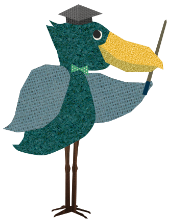
 Prof. Funamizu
Prof. Funamizu
"I was brought up in Hokkaido, and it was thinking about Hokkaido's future that got me started on this research. Hokkaido is the northernmost of Japan's main islands. It faces a declining population, along with rural flight and struggling local government finances. In the future it is very likely that water utilities will also go into decline. Thinking about what researchers like me could do before that happens, I realized that it would be possible to conduct research in Africa, where money and water resources are already in short supply. The findings of research in such circumstances could then contribute to resolving issues that Japan will face in the future."
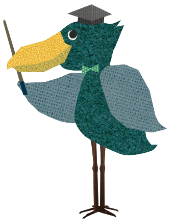
 Prof. Funamizu
Prof. Funamizu
 "Where there are no toilet facilities, people use open defecation. In the Sahel's dry climate, waste left in the open air dries quickly and smells soon disappear, so local people do not feel a strong need for the construction of toilets. However, parasites in the waste can stay alive for close to three months, blown about by the wind and getting into the soil. As a result, rural people suffer from many different diseases."
"Where there are no toilet facilities, people use open defecation. In the Sahel's dry climate, waste left in the open air dries quickly and smells soon disappear, so local people do not feel a strong need for the construction of toilets. However, parasites in the waste can stay alive for close to three months, blown about by the wind and getting into the soil. As a result, rural people suffer from many different diseases."

 Prof. Funamizu
Prof. Funamizu
"I began to think from the perspective of how to persuade people who don't have the habit of using toilets to want their own toilet facilities. Eventually, I settled on performing demonstrations of the benefits of toilets so that people would come to realize how necessary they are. Moreover, I decided to create agricultural plots utilizing the solid and liquid wastes extracted from the demonstration toilets."

 Prof. Funamizu
Prof. Funamizu
"In Burkina Faso, chemical fertilizers cost as much as they do in Japan, which makes them extremely expensive for local farmers. Composting is great in this situation, because all you need to do is give the compost the right amount of air, and the microorganisms that break down the wastes take hold by themselves. For free! One of the benefits of this project is that it can halve the amount of chemical fertilizer that needs to be purchased, providing a substantial economic boost to the farmers."

 Prof. Funamizu
Prof. Funamizu
 "Conducting this research in collaboration with local researchers is perhaps what makes it most significant. The issues we are working on are ones that will eventually affect everyone worldwide, despite the differences in local conditions from country to country. Conducting a joint project with local researchers gives the Japan team the benefit of first-hand experience in working with these sustainable solutions before the need becomes critical in Japan."
"Conducting this research in collaboration with local researchers is perhaps what makes it most significant. The issues we are working on are ones that will eventually affect everyone worldwide, despite the differences in local conditions from country to country. Conducting a joint project with local researchers gives the Japan team the benefit of first-hand experience in working with these sustainable solutions before the need becomes critical in Japan."

 Prof. Funamizu
Prof. Funamizu
"Having completed the demonstration, the next step is to conduct proving tests by deploying the toilets in a number of local households to be used on an experimental basis. Issues to be addressed are how to manage salinity, and how to break down hormones and drugs contained in the wastes. We are continuing to ensure that the experiments are set up so as to require as few changes as possible in the users' culture and way of life, while improving the state of hygiene and linking to increased income."

Environment/Energy (Global-scale environmental issues)
 Burkina Faso
Burkina Faso
Case Studies
Contact Us
Japan Science and Technology Agency (JST)
Department of International Affairs
SATREPS Group
TEL : +81-3-5214-8085
Related articles
-
Environment / Energy
(Global-scale environmental issues)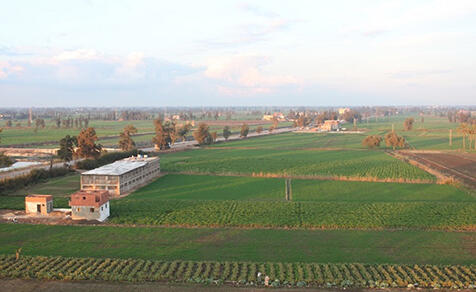
 Arab Republic of Egypt
Arab Republic of Egypt
Water conservation in the Nile basin
- Saving water provides resources to turn desert into farmland - -
Environment / Energy
(Climate Change)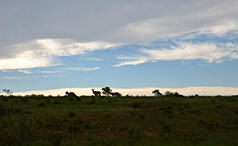
 Republic of South Africa
Republic of South Africa
"Artificial Earth" Offers Seasonal Climate Predictions a Year in Advance
- The irreplaceable Earth "simulated" by computer - -
Bioresources
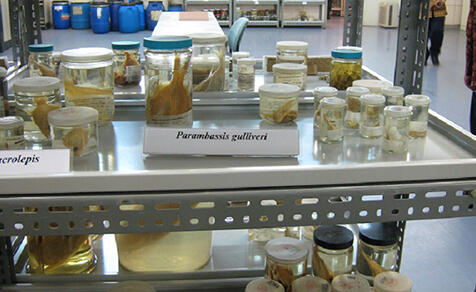
 Republic of Indonesia
Republic of Indonesia
World-class Microbial Resource Center
- Re-evaluating and developing bioresources in Indonesia - -
Disaster Prevention and Mitigation
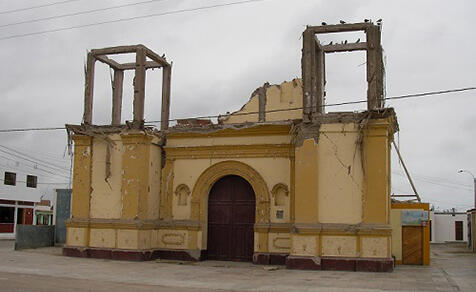
 Republic of Peru
Republic of Peru
Earthquake and Tsunami Disaster Mitigation - Global benefits from Japan-Peru research -














